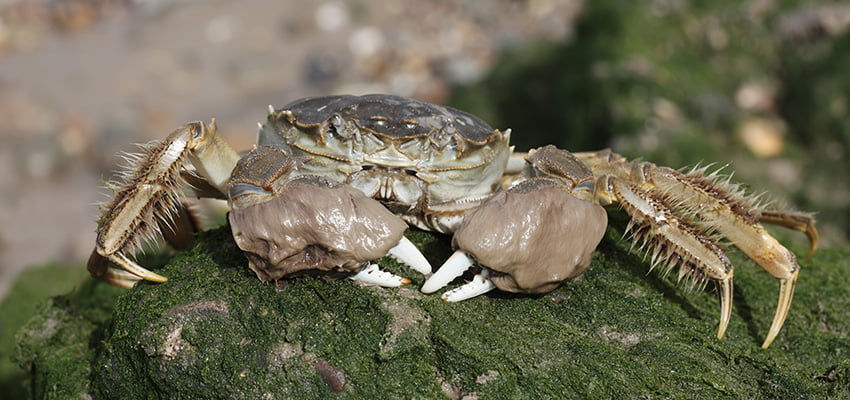BIOSECURITY Queensland has activated an ‘early warning’ system in the port of Gladstone to detect any traces of unwanted marine pests.
The government body has partnered with the state’s port authorities, adding Gladstone to coverage that stretches from Cairns to Brisbane and also includes Townsville and Mackay, to assemble a 1400-kilometre network to find molecular traces of exotic marine species such as Asian green mussel, black striped false mussel, Asian bag mussel, Brown mussel, Harris mud crab, Chinese mitten crab and Japanese seaweed.
Based on a similar Western Australian program, Queensland is using cutting-edge technology to test DNA from marine life growing on structures and collected in plankton from port waters.
Minister for Agricultural Industry Development and Fisheries Mark Furner said after being submerged for two months to provide a surface for marine organisms to settle and grow, the detector plates were then retrieved and tested for the presence of marine pests.
“This is a year-long surveillance trial which will run over the winter, spring and summer months, to allow for seasonal changes in environmental conditions at each of the ports,” Mr Furner said.
“If invasive marine pests become established they could seriously impact our marine biodiversity as well as industries including fishing, ports, marinas and tourism.
“Deploying this kind of system is an exciting first. The first set of arrays will be taken out of the water after eight weeks and we’ll see what they’ve found.
“If there are any signs of marine pests, this early warning will allow us to respond as quickly as possible.”
The government said the partnership demonstrated that Queensland port authorities were taking shared responsibility for marine biosecurity seriously.

